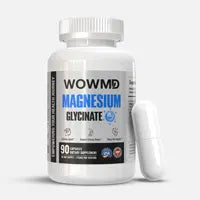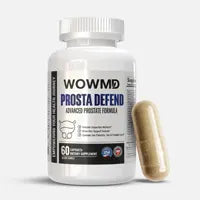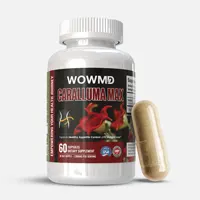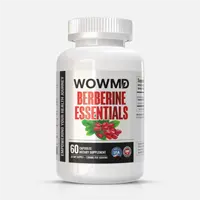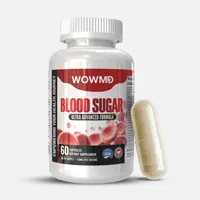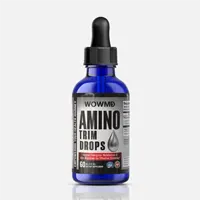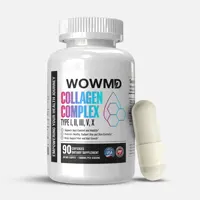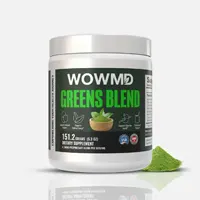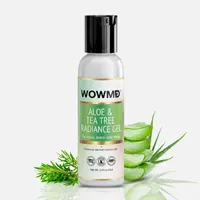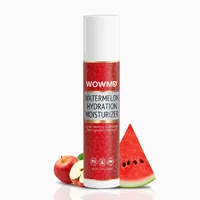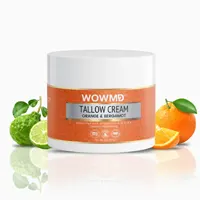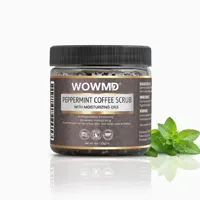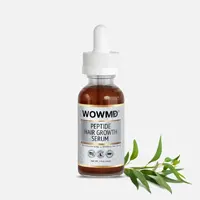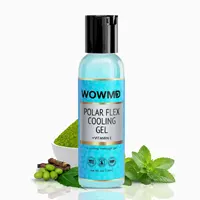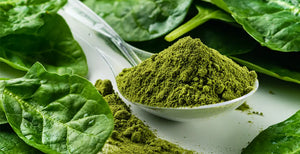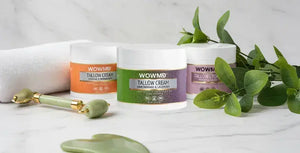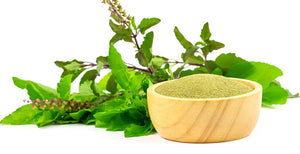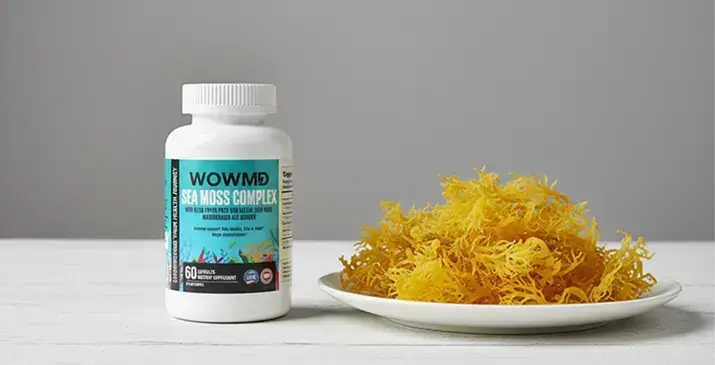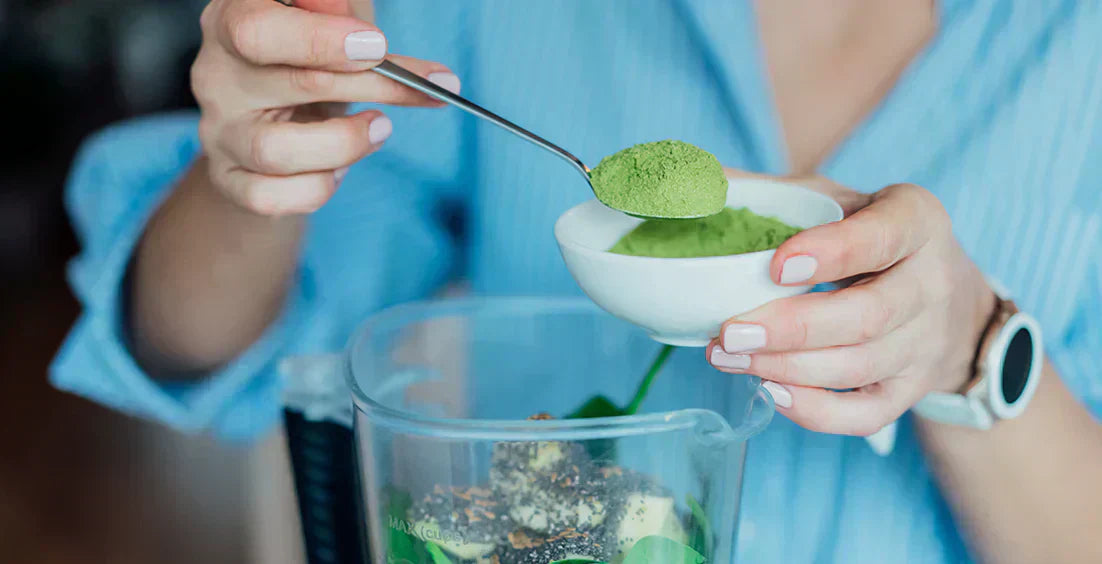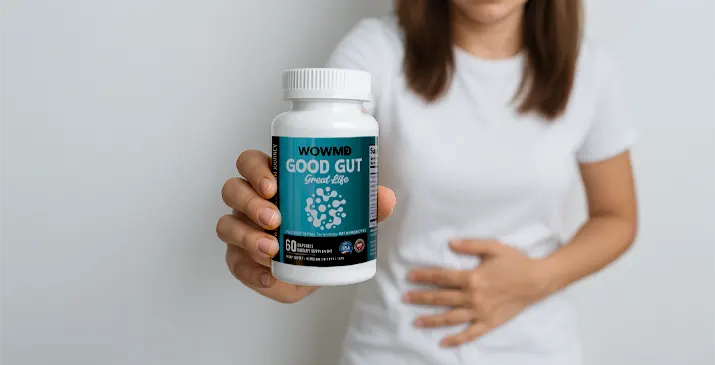Irish Sea Moss Benefits, Uses, Side Effects
Irish sea moss offers a wealth of health benefits, including thyroid support, immunity boost, improved skin health, and digestive benefits. Add it to your daily routine!
Advertiser Disclosure: WOWMD independently vets all recommended products. If you purchase a featured product, we may be compensated. Learn why you can trust us.
You May Also Like
Popular Stories
- Superfood Greens Powder Uses & Recipes
- The Best Beef Tallow Products for Radiant Skin: A 2026 Guide
- Holy Basil : Ayurveda’s Herb for Balance, Immunity & Everyday Calm
- Best Gel Moisturizers for Hydration & Skin Care in 2026
- 7 Best Effective Supplements for Improving Bladder and Prostate Health in 2026
- 4 Best Cooling Gels for Skin and Body: Instant Refreshment and Relief
References
WOWMD follows strict sourcing guidelines to ensure the accuracy of its content, outlined in our editorial policy. We use only trustworthy sources, including peer-reviewed studies, qualified experts, and information from top institutions.
- What Is a Superfood, Anyway? - https://health.clevelandclinic.org/what-is-a-superfood
- Food additive carrageenan: Part II: A critical review of carrageenan in vivo safety studies- https://pubmed.ncbi.nlm.nih.gov/24467586/
- Iodine, Seaweed, and the Thyroid- https://pubmed.ncbi.nlm.nih.gov/33981614/
- Immunomodulatory Effects of Dietary Seaweeds in LPS Challenged Atlantic Salmon Salmo salar as Determined by Deep RNA Sequencing of the Head Kidney Transcriptome- https://pmc.ncbi.nlm.nih.gov/articles/PMC5992350/
- Eat more fiber-rich foods to foster heart health- https://www.health.harvard.edu/heart-health/eat-more-fiber-rich-foods-to-foster-heart-health
- Neuroprotective Effects of the Cultivated Chondrus crispus in a C. elegans Model of Parkinson’s Disease- https://pmc.ncbi.nlm.nih.gov/articles/PMC4413210/#sec25
- Anti-Photoaging and Potential Skin Health Benefits of Seaweeds- https://pmc.ncbi.nlm.nih.gov/articles/PMC8004118/
- Therapeutic activity of fucoidan and carrageenan as marine algal polysaccharides against viruses- https://pubmed.ncbi.nlm.nih.gov/35765662/
- Clinical Evidence of the Benefits of Phytonutrients in Human Healthcare- https://pmc.ncbi.nlm.nih.gov/articles/PMC9102588/
- Prebiotics from Seaweeds: An Ocean of Opportunity?- https://pubmed.ncbi.nlm.nih.gov/31159359/
- A Quick Tour of Taurine- https://health.clevelandclinic.org/taurine
- Nutrition Facts- https://www.urmc.rochester.edu/encyclopedia/content?contenttypeid=76&contentid=11444-1
- Seaweeds as a Functional Ingredient for a Healthy Diet- https://pmc.ncbi.nlm.nih.gov/articles/PMC7345263/#:~:text=Polyphenols%2C%20polysaccharides%2C%20and%20sterols%2C%20as%20well%20as%20other,and%20anti-diabetic%20properties%20are%20attributed%20to%20these%20compounds.
- Chapter 2 - Seaweed components, properties, and applications- https://www.sciencedirect.com/science/article/abs/pii/B9780128179437000020
 Alpha Man Power Pack
Alpha Man Power Pack All-Day Fat Burn Trio
All-Day Fat Burn Trio Better Immunity Bundle
Better Immunity Bundle  Calm & Sleep Duo
Calm & Sleep Duo Cognitive Health & Vision Combo
Cognitive Health & Vision Combo Complete Weight Loss Bundle
Complete Weight Loss Bundle Core Vitality Trio
Core Vitality Trio Energy Booster Combo
Energy Booster Combo Focus Fuel Trio
Focus Fuel Trio Glow & Balance Duo
Glow & Balance Duo Health Balance Trio
Health Balance Trio Heart Care Bundle
Heart Care Bundle Joint Health Support Combo
Joint Health Support Combo Men's Immunity & Prostate Health Bundle
Men's Immunity & Prostate Health Bundle Metabolism Boost Duo
Metabolism Boost Duo Natural Skin Care Bundle
Natural Skin Care Bundle Peak Performance Duo
Peak Performance Duo Relax & Recharge Duo
Relax & Recharge Duo Skin Detoxification Bundle
Skin Detoxification Bundle Smart Energy Trio
Smart Energy Trio Stress + Energy + Wellness Combo
Stress + Energy + Wellness Combo  Total Burn Ignite Trio
Total Burn Ignite Trio Total Harmony Pack
Total Harmony Pack Workout Supplements Combo
Workout Supplements Combo